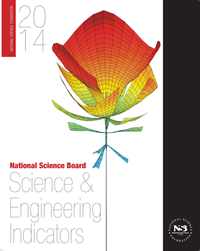Following the likes of Embase and Web of Science, Scopus has launched a newly designed (and enhanced) interface to make using the database easier and more seamless.
A few features that have been added/improved are…
- Easier exporting of citations: an export window now pops up on the screen for quick access to several bibliographic management options instead of the old way of navigating away from the results screen
- NEW direct export to Mendeley option: Mendeley users can now use the Web Importer to directly import references from Scopus to their Mendeley libraries
- Redesigned author and affiliation profile pages: these pages within the database have been changed to simulate more of a CV-style for easier perusal and to include ORCID integration.
Read the full release notes to learn more about what has been changed or enhanced in Scopus.
